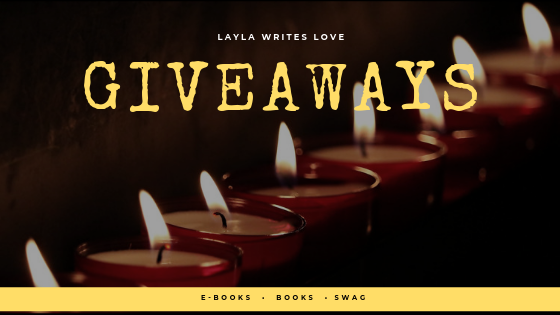
#openbook #wip #writing
Do you miss a WIP when you’ve finished writing it?

Not every story idea an author has will become something that they draft into a publishable product. I have a number of notebook pages with a couple of words of sentences for the next story I want to share with readers, but many of them don’t go beyond that—not yet, anyway. I consistently intend to frame every idea into a workable outline and ultimately, a story, but with so many of them popping into my head, I don’t have the time to flesh out all of them into a Work in Progress (WIP), which is an integral part of many authors’ creative process.
The WIP is where an idea becomes a story. I will fill the notebook page with things like character names and the main catalysts for their plot journey. As I get more involved with a story, I may need to pull out the sticky notes and jot down things like major settings, character quirks and secondary characters. Then I hit the Scrivener (outlining software) and start laying the foundations for my WIP plot outline. By this time, the main characters spring to life in my mind, telling me about themselves, what they want, what they fear, and how they want their story told. As I work on the WIP, I am increasingly vested in getting the story readers.

Some WIPs may take longer than others to finish. Life events and situations like writer’s block can throw hurdles at an author that makes it difficult to get to a story’s resolution. I may have to put a WIP to the side to concentrate on other writing and life obligations, but that doesn’t keep it from clamoring in my head. Once I have a story at the WIP stage, I tend to experience tenacious self-nagging to finish it. Meanwhile, new ideas about the story may come to mind. I write them down in my WIP notebook or plot outline on the computer so I don’t lose them. It all requires a lot of mental commitment to the WIP.
A WIP can absorb a lot of an author’s attention, taking on a literary life of its own. Characters may start to “feel” like real people with layers and imperfections that allow a writer to give them depth and how they handle their situations in a story’s plot. I often find myself mentally scuffling with my characters about what they may or may not do. I even went back and forth with a character about its name. Come to think of it, I’ve had the name struggle quite a bit. Whether naming characters or building plots and worlds, an author’s current WIP may dominate their time, energy and focus until the story is done.

Once a WIP becomes a story, I have to shift my interaction with it from something that is solely mine to a cultural product that I am willing to share with readers. The change from WIP to book often means that I can no longer “baby” my characters and plot, giving them all my attention. I must shift my focus to decisions on the best way to present and market the book and to a new WIP.
I don’t miss a WIP when I’ve made it into a book. I rejoice in the knowledge that my ideas and words underwent a transition into something that readers can enjoy. So, instead of missing a WIP, I am filled with a sense of accomplishment that motivates me to move on to the next Work in Progress.
How do you feel about your WIPs? Leave a comment!









Like you I do not miss a WIP when it’s finished – I’m often bored with it by then. However, again like you if it’s not finished my conscience nags me to complete it.
LikeLike
Writing “The End” sparks a mix of emotions in me. Accomplishment, yes, a bit of dread at the thought of doing PR, and a touch of sorrow as I sat goodbye to the story and let it go.
LikeLike